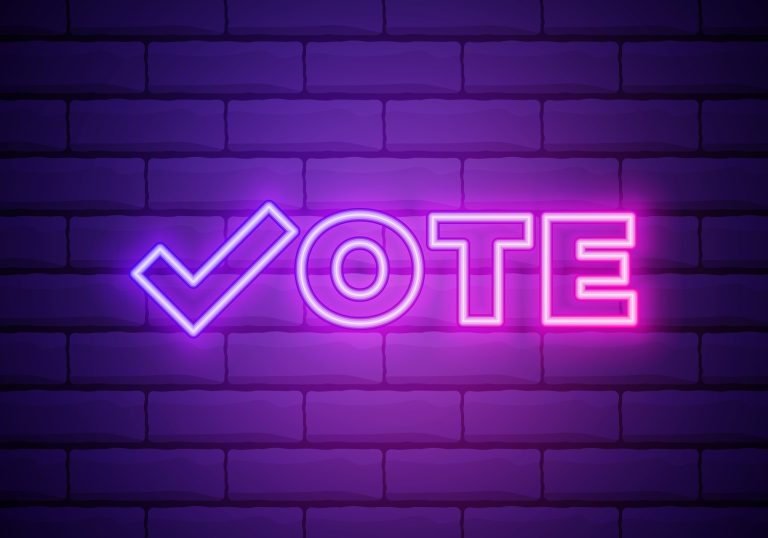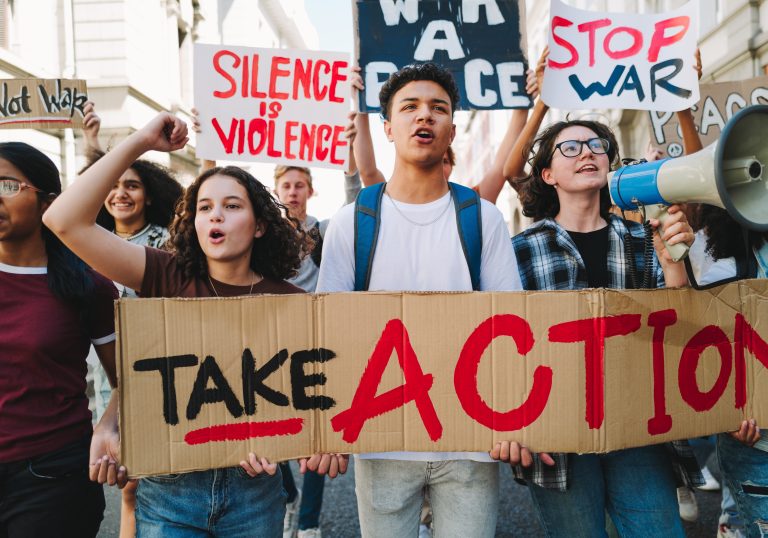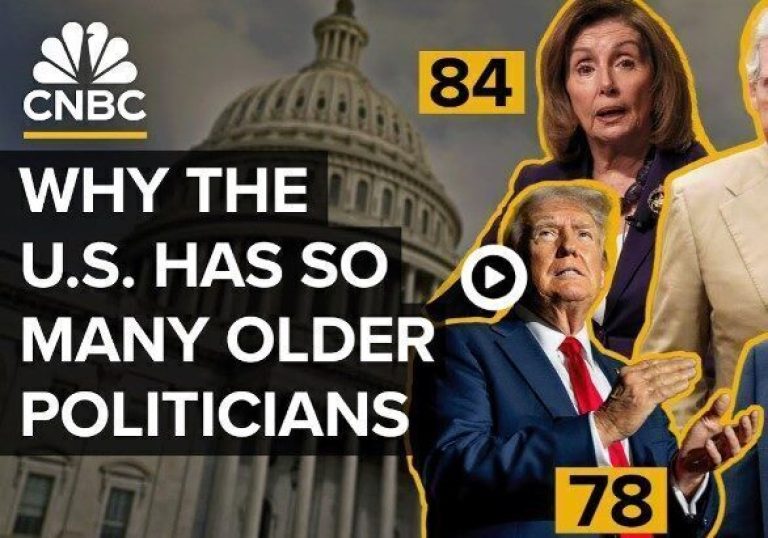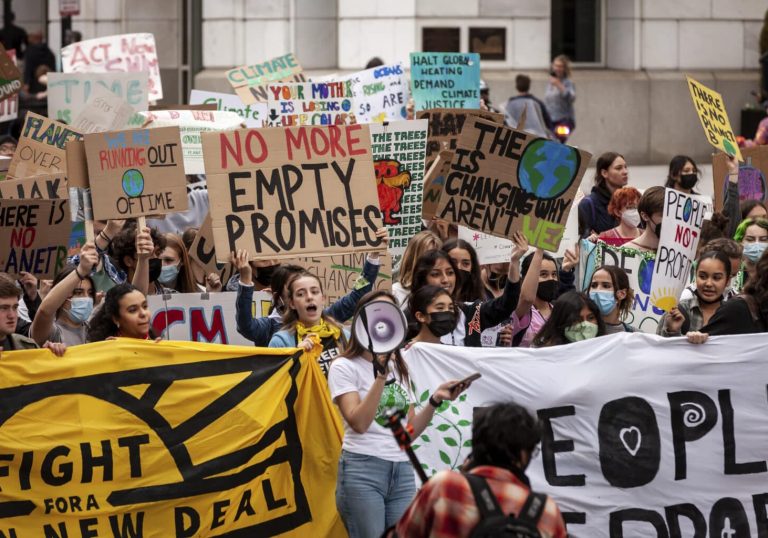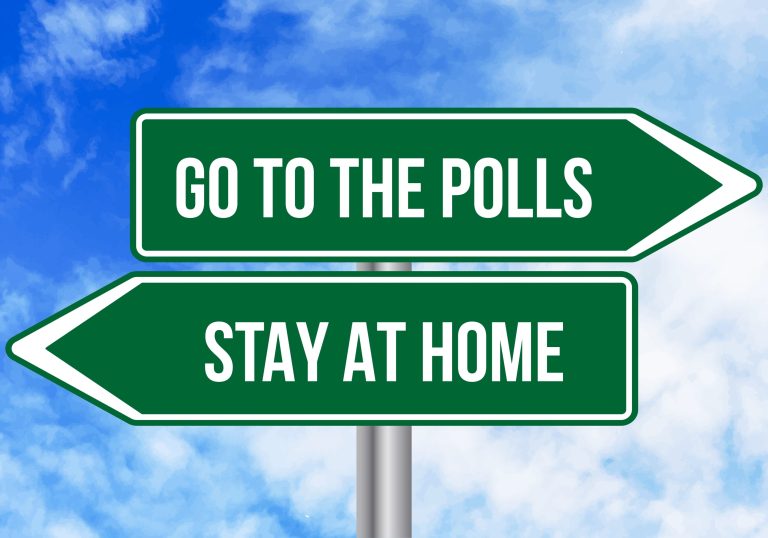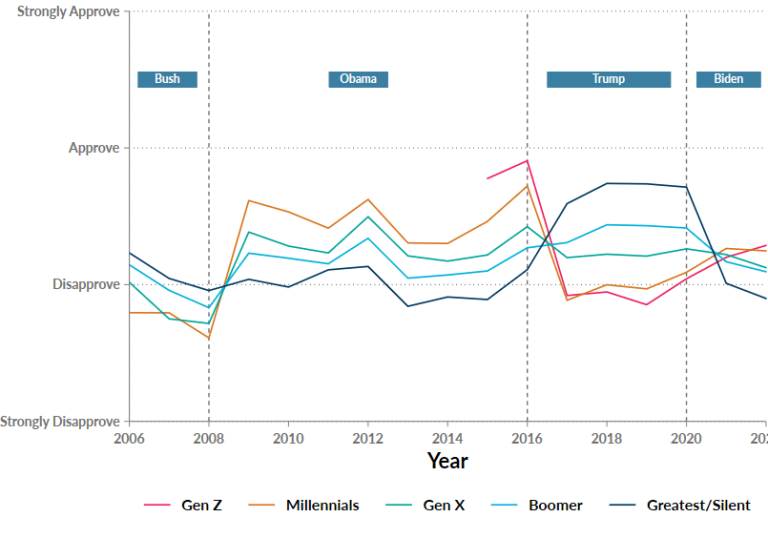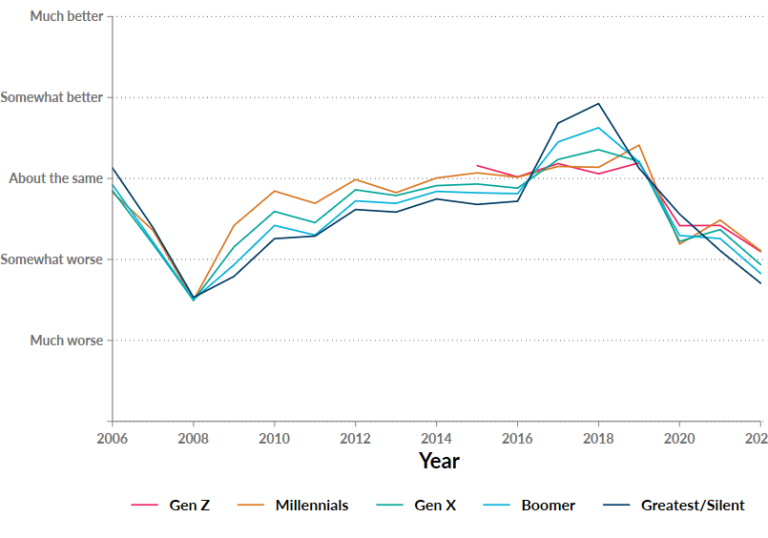Summary
Despite widespread concern about the low voter turnout of young Americans, very little political science research focuses on those factors predicting their turnout. This brief shows that some well-known predictors of voter turnout in U.S. national elections do not do well at predicting the voting behavior of 18-to-29-year olds. Union membership, homeownership, and being employed matter for middle-aged voters, but not for young people. And marital status and stock ownership have only small impacts for young people. Instead, a highly context-specific factor — disapproval of President Trump in 2018 — predicted much higher turnout. The lack of predictive power of traditional characteristics and the strength of the relationship between disapproval of the president and voting suggests the need for additional research into factors and interventions that could boost young adult voter turnout. Going forward, researchers should continue to look into new, less explored paths to address the puzzle of low voter turnout among young Americans.

